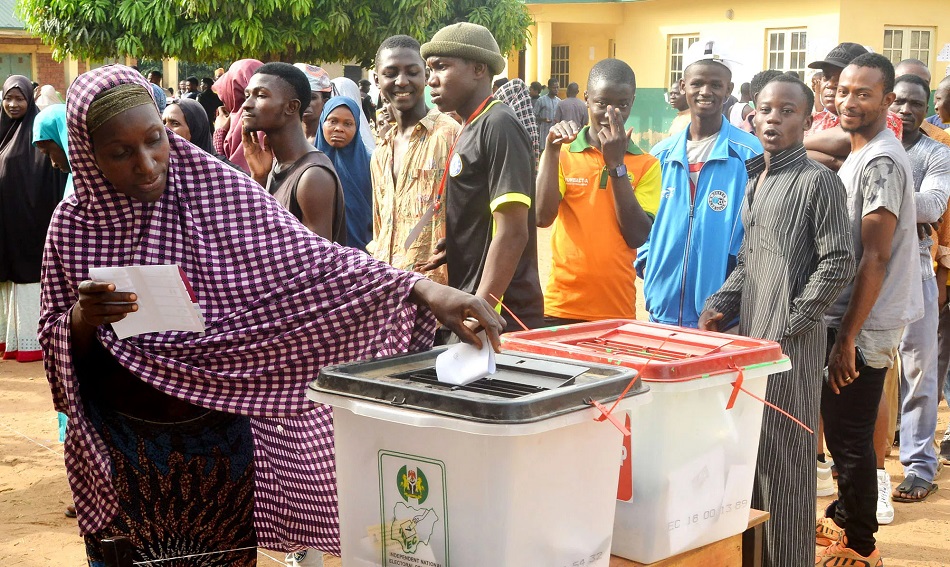A prominent Nigerian religious leader has issued a sharp rebuke to politicians prioritizing discussions about the 2027 general elections over addressing pressing national crises, including poverty, unemployment, and escalating violence. Most Reverend Williams Aladekugbe, Bishop of the Cathedral Church of St. Peters in Ibadan, delivered the critique during his sermon at Friday’s funeral for Oba Owolabi Olakulehin, the late Olubadan of Ibadan, a revered traditional monarch in southwestern Nigeria.
Speaking to attendees including Oyo State Governor Seyi Makinde and other government officials, Aladekugbe condemned the early electioneering as “a disgrace to governance” and a “reckless disregard” for citizens’ needs. “It is deeply troubling that while millions grapple with hardship, some leaders are fixated on 2027 instead of delivering solutions,” he said, referencing President Bola Tinubu’s administration, which began less than two years ago. The bishop criticized such politicking as “shameless,” warning that campaigns for single-term agendas or “leaders serving food at parties” signal desperation rather than statesmanship.
Aladekugbe highlighted systemic challenges plaguing Africa’s most populous nation, including youth unemployment rates estimated at over 40% and poverty levels exacerbated by a perceived “disconnect between government and the masses.” He urged immediate large-scale job creation programs, stressing that delays would worsen social instability. The cleric also lambasted rampant insecurity, describing Nigeria as a nation where “life is not worth anything anymore” due to killings by armed groups, including bandits and herders, across northern, central, and southern regions. He called for enhanced intelligence capabilities and security investments to curb violence, reiterating that protecting citizens remains the government’s “primary duty.”
While the bishop vowed continued prayers for leaders, he emphasized accountability, demanding that officials focus on “governance and service, not political maneuvering.” His remarks resonated at the funeral of Olakulehin, whom he praised as a “God-fearing” leader who prioritized community impact—a contrast to the criticized politicians.
The event drew dignitaries such as Deputy Governor Bayo Lawal and representatives from Ibadan’s traditional councils, underscoring the blend of spiritual, cultural, and political spheres in Nigerian public life. Aladekugbe’s address reflects growing frustration over unmet governance promises in a nation facing economic strains, widespread insecurity, and a年轻 population seeking opportunities. The critique aligns with broader calls for accountability as Nigeria approaches a critical phase in its democratic trajectory, balancing electoral ambitions with urgent socio-economic demands.
